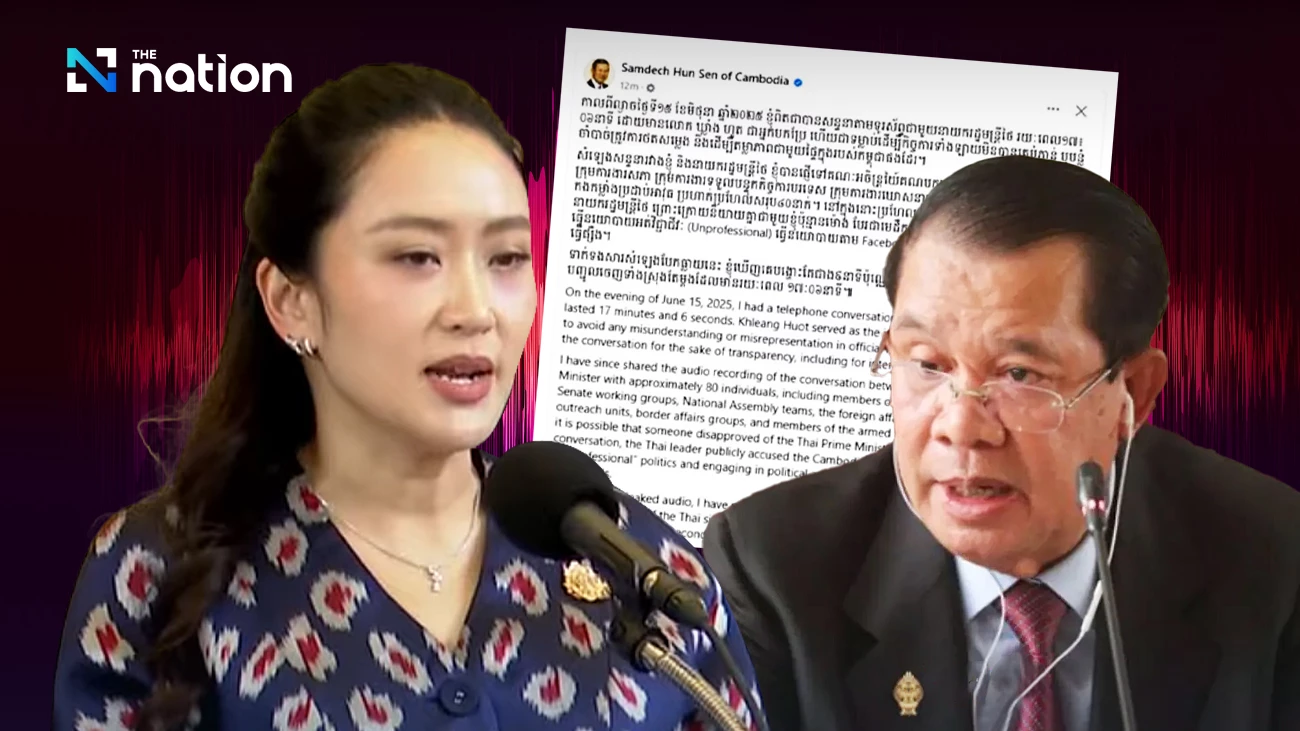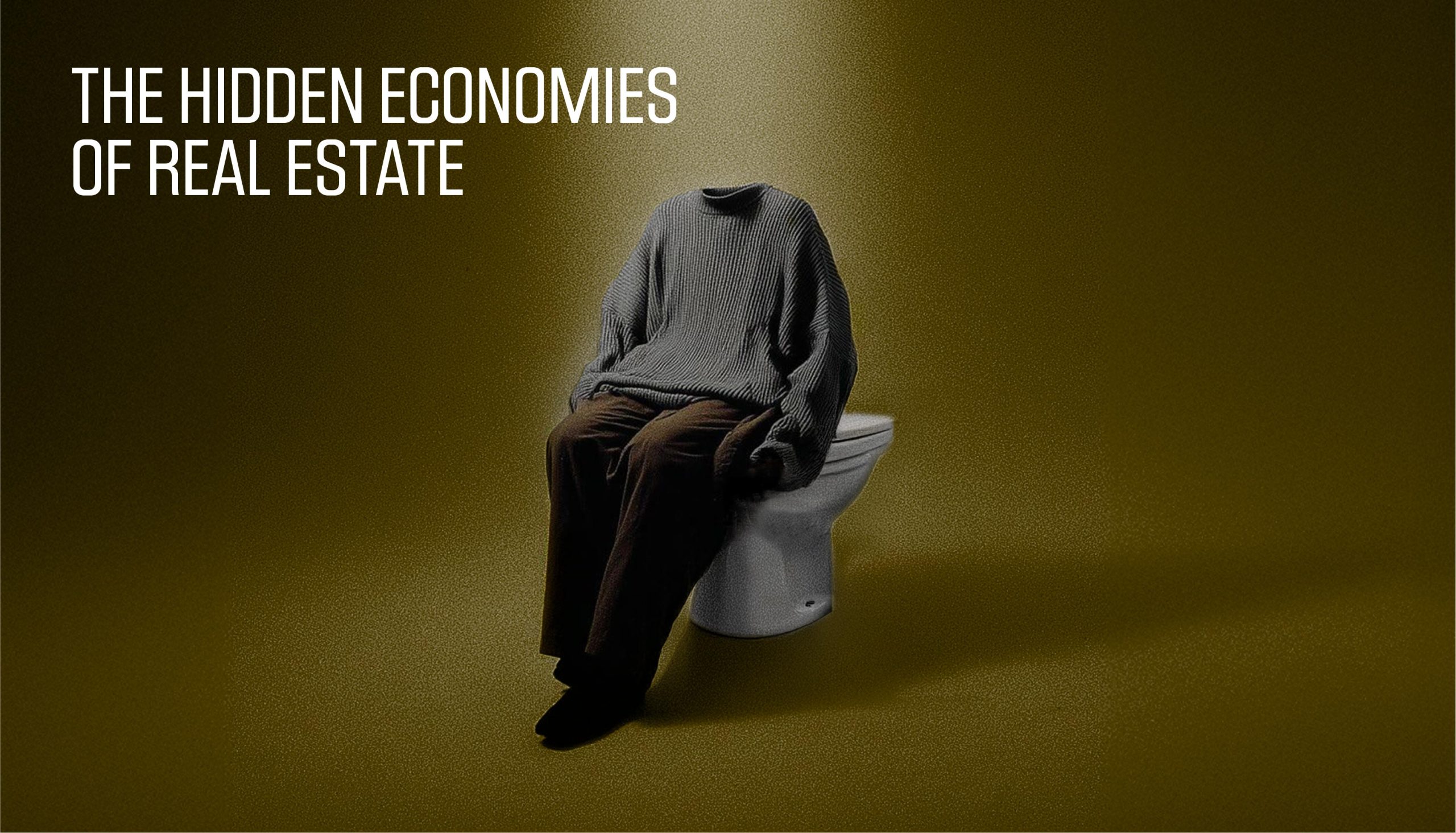- MMC Port to go for the largest IPO in more than a decade
- Iran came out of the war relatively unscathed
IN Malaysia
Business news
- MMC Port to go for IPO – MMC Port Holdings Sdn Bhd, owned by Syed Mokhtar Al-Bukhary, is planning to go public, in its plan to raise up to RM8.5 bil, which could be the biggest initial public offering (IPO) in Malaysia since 2012. At the moment, MMC Port operates seven sea ports along the Straits of Malacca and three cruise terminals, making it the biggest sea port operator in Malaysia.
- UEM Sunrise pull the plug on its data centre project – In bucking the trend, after its partnership with Logos Holdco Pte Ltd fell through, UEM Sunrise Bhd decided to permanently shelve its plan to build a data centre in Gerbang Nusajaya. Instead, UEM has explored the possibilities of selling the 74-acre land, the site that was supposed to house the data centre. UEM Sunrise CFO Hafizuddin Sulaiman stated that the decision to sell the land is part of the company’s direction to monetise non-core assets.
- Transport Minister public-shaming companies with overdue traffic summonses – In an effort to reduce accidents involving heavy vehicles, Transport Minister Anthony Loke has torn a page from Gen Z’s playbook and resorted to summon-shaming, an act of announcing a list of companies with the most overdue traffic summonses. Loke revealed that 11 companies operating goods vehicles have over 1,000 overdue traffic summonses. Additionally, there are 17 express bus companies with more than 200 overdue summonses. You can view the list here.
- FDI up by 33% – The Department of Statistics Malaysia (DOSM) has announced that the net inflow of foreign direct investment (FDI) has increased to RM51.5 bil in 2024, up from the RM38.6 bil figure recorded in 2023. In 2024, the largest FDI inflows geographically originated from the Asian region, totalling RM50.3 bil, with Singapore and Hong Kong as the primary sources.
Around the SEA
Thailand, you good?
The Land of Smiles is not smiling as of late, as the country is being ‘attacked’ internally and externally. At the domestic front, no thanks to the leaked conversation between Thai PM Paetongtarn Shinwatra and former Cambodian PM Hun Sen, Thailand’s Bhumjaithai party, which left the ruling coalition last week, said it will seek a parliamentary no-confidence vote against Thai PM Paetongtarn. Bhumjaithai has 69 seats and would need the support of another 30 lawmakers to launch the motion when parliament reconvenes on July 3. While Malaysians like to play pickleball or badminton during their free time, Thailand, on the other hand, likes to change PMs. If Paetongtarn does not survive the no-confidence vote, Thailand will need to elect its third PM in less than two years. If Paetongtran does survive the vote, she then needs to face the National Anti-Corruption Commission (NACC), the Thai version of our MACC, where the NACC will investigate the Thai PM’s ethics during her phone call with Hun Sen.
On the foreign front, in a tense escalation from the Thailand-Cambodia border skirmish, Cambodian PM Hun Manet has announced that it will halt all fuel imports from Thailand, effective earlier this week. In 2022, Cambodia imported USD1.03 bil worth of fuel from Thailand. In response to Cambodia’s announcement, Thailand has closed all seven border crossings to everyone except students and those seeking medical treatment. So, at the moment, Thai PM Paetongtarn is between a rock and a hard place. The only way for her to survive this crisis and still come out of this as a PM is by definitively resolving the root cause of the whole crisis – the border dispute. Paetongtarn need to utilise the two platforms that she has – the Thailand-Cambodia Joint Boundary Committee (JBC) and the International Court of Justice, to quickly resolve this matter. By solving the border dispute, the domestic issues that she is facing now will die down, as with any political problems.
Iran may not have suffered as bad as expected
The US-sanctioned Operation Midnight Hammer, which involved more than 125 aircraft, including the infamous B-2 stealth bombers, was meant to permanently neutralise Iran’s capabilities to build nuclear weapons. However, according to a preliminary US intelligence assessment, the US strikes may have set back Tehran’s program by only a matter of months. Even US Vice President JD Vance concurred that Iran’s estimated 400kg stockpile of enriched uranium might remain intact. UN atomic energy agency chief, Rafael Grossi, said that the stockpile could have been moved as his inspectors have not been able to visit Iranian nuclear sites since the war began. And the world may never know the real status of Iran’s nuclear weapon readiness, as the Iranian Parliament has approved a bill to suspend cooperation with the UN nuclear watchdog, the International Atomic Energy Agency (IAEA). The Iranian Parliament even stated that the country will accelerate its civilian nuclear program and blamed the IAEA for the Iran-Israel war, as the recent IAEA resolution declaring Iran in breach of its non-proliferation obligations paved the way for Israel’s attacks. So, now, Iran is more isolated, there is no guarantee Iran’s nuclear weapon capabilities are eliminated and Iran is hell pissed with all Western apparatus. The US need to ask itself, when does it never f*ck up a situation?
https://www.theguardian.com/us-news/2025/jun/24/jd-vance-trump-iran-nuclear-program
For your EYES only
I guess the US silicon chip ban towards China works as Huawei’s latest MateBook Fold Ultimate Design laptop, despite boasting crazy good features, unfortunately still being powered by China’s Semiconductor Manufacturing International Corporation (SMIC) 7-nm process chip. The 7-nm chip is about three-generations older compared to Taiwan’s TSMC latest feat, which will soon mass produce 2-nm process chip.







